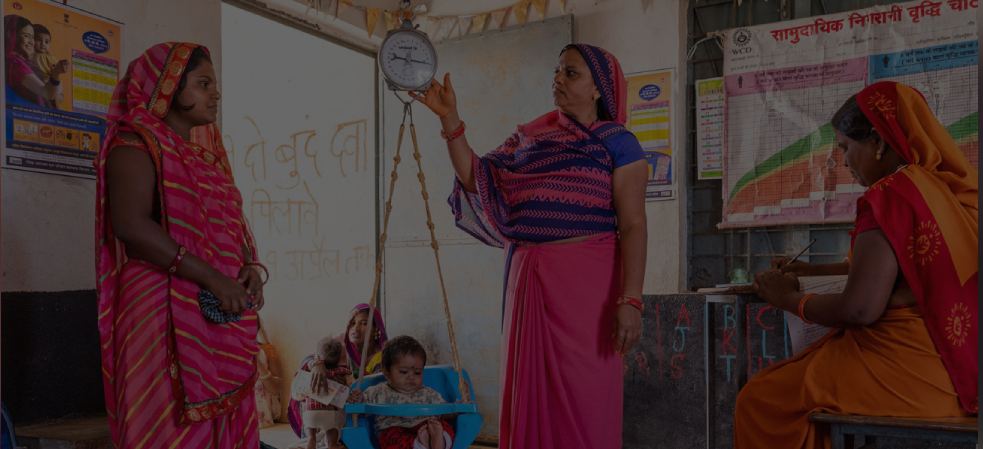Health Matters !
One measure of rural poverty is the poor have very limited access to nutrition and rural healthcare in India.
Poor health is nearly a given for children born into poor homes, starting with their mothers. Pregnant women face challenges ranging from ignorance, low reproductive age, inadequate medical access, to gender bias which gives no importance to the well-being of women.
Mothers who are not getting nourishing food during pregnancy, including an iron-rich diet, suffer, often resulting in premature births, underweight babies and even infant and maternal mortality.
Those who do deliver live babies and survive childbirth face other challenges in raising these children. Infants born to women who are suffering from nutritional deficiencies have lower immunity and are more susceptible to disease.
Poverty, ignorance and lack of medical access then keeps them that way and overall healthcare in Indian villages can remain from poor to non-existent. The rural poor are susceptible to unscientific beliefs that bar them having nutritional supplements such as iron tablets or fortified foods.
Undernourishment can lead to poor cognitive ability, lower immunity and death among children under the age of six. Malnourishment impairs height, weight and leads to wastage in children.
Eventually, a child who is malnourished and undernourished ends up with a greater range of physical and cognitive problems compared with a healthy one. Worse, such children remain behind in adulthood. This means even when we give them equal opportunities, they are unable to optimise those.
Our work involves creating greater awareness on preventative and reproductive health, ensuring that mothers, babies and children are able to avail India’s public nutrition program which is amongst the largest in the world.
To ensure the delivery of this we work closely with both government agencies as well as NGOs that run rural healthcare initiatives in India.
We also work to improve both the village healthcare centres and work with partner NGOs to improve the availability of primary healthcare centres with trained staff. This helps raise the threshold for preventive healthcare across genders, making untreated communicable diseases less common in deprived communities.




